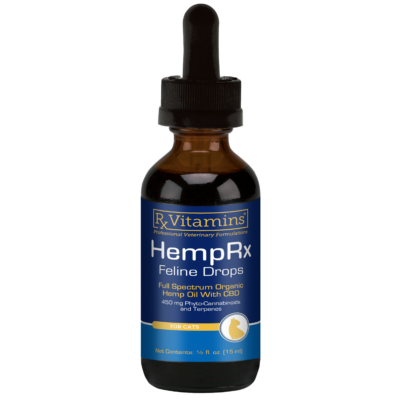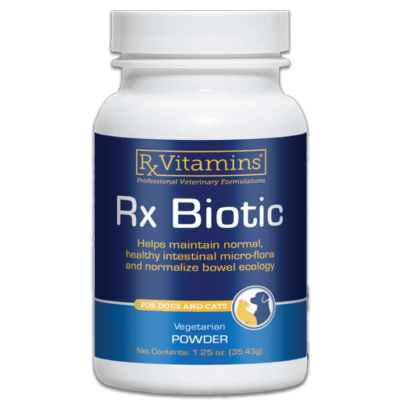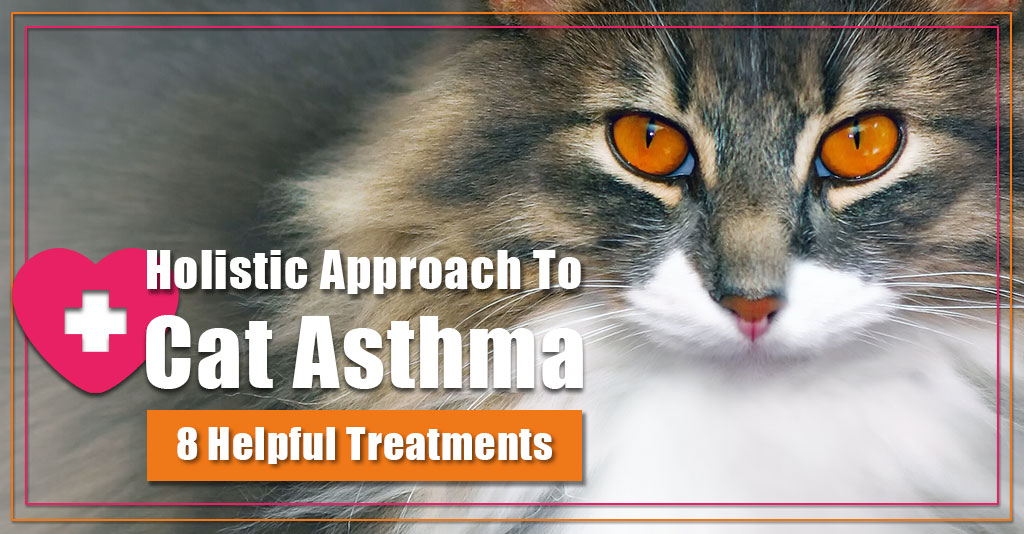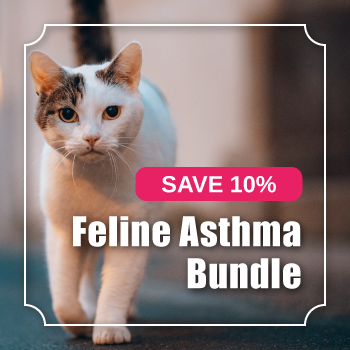Cat asthma is a common inflammatory condition in and is usually diagnosed around 5 years of age. Most cats with asthma will experience coughing or possibly trouble breathing. In this article, I am going to outline the symptoms of asthma, how asthma is diagnosed, and how I treat my patients using a holistic approach.
Cat Asthma Symptoms
One of the most common symptoms of asthma is regular coughing. A coughing cat can often appear much like a vomiting cat. Cats often get in a prone position, extend their neck and make repeated wheezing/coughing noises. Many cat parents confuse this for vomiting. Coughing is different from vomiting in the sound quality and in the fact that no vomit is produced. Check out a video of a kitty coughing here.
If your cat is coughing with regularity, it is time to see your veterinarian. Other signs of asthma include an increased breathing rate, open mouth breathing, and exerting more than normal effort to exhale. For reference, a normal respiratory rate for kitties is anywhere between 15 and 30 breaths per minute.
Getting A Diagnosis
Your veterinarian will most likely start with x-rays of your kitty’s lungs. Often, there is a pattern seen in the lung tissue that is consistent with asthma. Other diagnostic tools that can be helpful include computerized tomography (CT) and bronchoalveolar lavage (BAL). CT is a noninvasive diagnostic performed with light anesthesia. BAL is also performed under sedation to collect cells from deep in the lungs to aid in a diagnosis.
Cat Asthma Treatment
Once your kitty gets a diagnosis, or a suspected diagnosis, you can begin finding the best treatment plan for them. The following are treatments I use in my holistic approach for my asthmatic patients:
- Probiotics. I recommend using probiotics for mild, moderate, and severe cases of cat asthma. Studies show that when we give kitties oral probiotics, the bacteria in the respiratory tract changes. Beneficial bacteria may lessen inflammation in the respiratory and digestive tracts. I recommend using a soil based probiotic and a non-soil based probiotic, either rotating every other day or rotating the bottle. If your kitty requires oral steroids as part of their treatment plan, probiotics are a great way to help keep their gut bacteria balanced.
- CBD. While there are no studies to support the use of CBD in cats with asthma, I have had great anecdotal success in my practice with cases of mild to moderate cat asthma. I use HempRX for Cats and start with 2 mg (2 drops) twice daily. Some cats require 4-5 mg (4-5 drops) twice daily to see improvement in symptoms. This can be given with or on food.
- Chinese Herbs. I have had great results using Chinese Herbs to manage mild to moderate cases of cat asthma in my patients. There are several herbal formulas that help kitties with asthma, with San Ren Tang being the formula I most commonly use. While you can purchase San Ren Tang manufactured by other brands, Natural Path is the brand I use because it is formulated specifically for animals.
I created a Feline Asthma Bundle that contains my favorite go-to probiotics, CBD, and Chinese Herbs at a discounted rate. My hope is that this helps you easily and effortlessly onboard this holistic approach for your asthmatic kitty. - Systemic Steroids. Steroids given by injection or by mouth may be necessary for cats with moderate to severe asthma. Steroids may feel like a less desirable option, but may truly help your cat breathe easier. These steroids might be used as needed or regularly. Discuss with your veterinarian what you can do to help screen for diabetes mellitus caused by steroids. If steroid induced diabetes is detected early, it can be reversed! Many cats are treated successfully with steroids for years with few side effects.
- Inhaled Steroids. This form of steroids can be a safer way to reduce inflammation in the lungs. They may be used alone or in conjunction with oral steroids. Administering steroids through an inhaler does require a learning curve for both you and your kitty. A special adaptor fits on a human inhaler and helps deliver the drug through a mask.
- Bronchodilators. These medications can help open your kitty’s airways to help them breathe easier. These are often given in combination with other medications. They can be given via inhalation or orally.
- Cerenia. This is a drug currently used to treat vomiting and nausea. It’s potential to also reduce inflammation and control pain is currently being studied. There are reports of veterinarians using it for cat asthma with some success. If your cat isn’t responding to treatment it may be worth discussing this medication with your veterinarian.
- Immunotherapy. This is a therapy that helps your cat’s immune system respond less dramatically to allergens in the environment. This could theoretically be useful in treating cat asthma as there is often an allergic component to the inflammation.
There are many ways to help your asthmatic kitty feel better and live a happy and healthy life. I recommend finding a veterinarian that you trust, who will listen openly to your concerns. I would love to hear from you! Leave a comment or question below!
With love,
Dr. Angie
Recommended Products From This Post
-
 San Ren Tang (Three Seeds Combination)$75.00 — or subscribe and save 5%
San Ren Tang (Three Seeds Combination)$75.00 — or subscribe and save 5% -
 HempRx Feline – 15ml$77.00 — or subscribe and save 5%
HempRx Feline – 15ml$77.00 — or subscribe and save 5% -
 Rx Biotic Probiotics for Pets$42.00 — or subscribe and save 5%
Rx Biotic Probiotics for Pets$42.00 — or subscribe and save 5%




Hello,
We have a 24 year old cat that was diagnosed with renal disease about a year ago. A few days ago we took her for a follow up and they found she has asthma and kidneys are stage 3. They injected her with a steroid and sent some home for me to administer for 10 days. Additionally , they said she has an enlarged heart. Advised me to take her for a cardiogram to see the extent of her heart condition, after the steroids. Also advising me the steroids could possibly fo more damage to her heart and for sure her kidneys. Im torn, as I myself am Holistic and feel sick that I’m poisoning her fragile organs and dont want to cause irreparable damage. The vet said there are no alternativez in treating her asthma. Please advise
Hi Leila, I’m so impressed that you have a 24-year-old kitty and I’m sorry to hear of the medical struggles your kitty is currently managing. I really hear the concern you have about the treatments that were offered. There can be other options in supporting your kitty’s asthma. I would highly recommend scheduling a one-on-one video Consultation with Dr. Angie so she can review your kitty’s medical records and help formulate a plan that feels good for you and for your cat. You can access her schedule here. I hope that we can be of support to you. JoJo, Veterinary Nurse
what to use to get rid cig. smoke quickly my cat is coming home from hositpal
Hi Elaine, do you have an air purifier you could use?